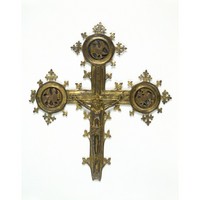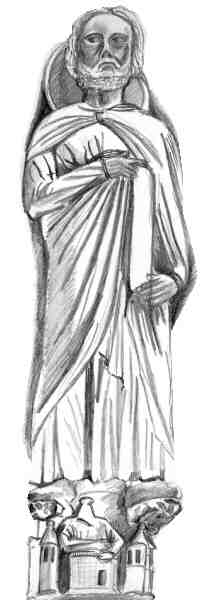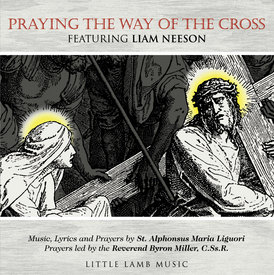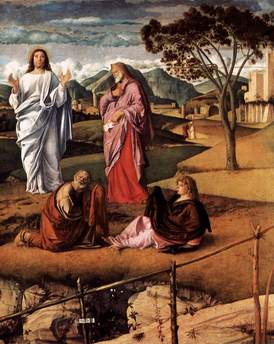The gospel proclaimed at Mass today (if you are not doing the 3rd scrutiny) comes from Saint John’s gospel which tells us of the Lord cleaning His Father’s house. Many things can be said about the Lord’s righteous anger, but let’s stick to a few salient points. Consider the strong emotion of the Lord in His attempt to evoke and provoke his hearers to make a substantial change in life. The greater good that the Lord is trying to get us to see is what he sees: the immense zeal (fervor) for God the Father’s house is so important that it moved Him (and it should us) to action; this zeal ought to provoke us to cleanse the temple of our hearts, of our minds, of our habits, of our imagination. What Jesus implores us to do is nothing short of making a total heart and mind. Some things to consider:
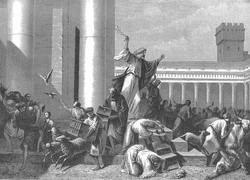 -Do we meet the Lord and others in humility?
-Do we meet the Lord and others in humility?
-Are we faithful to the Lord as are able?
-Do we take time to know what the Lord is saying through the teaching of the Church, his sacrament on earth?
-When someone has a problem in understanding the faith, as we’ve seen recently in Connecticut S.B. 1098 and now with S.B. 899, do we take the time to understand the matter, look for the correct teaching and teach what the Church offers us for the good of our souls and for happiness?
-Are we deaf to the physical and spiritual, culture and social needs of our brothers and sisters?
-In watching the greed of Bernie Madoff unfold, can we might have to overturn the tables of our own greed?
-What are the sacrileges that we cling to so mightily, blasphemies with names like, hate, indifference, unkindness, gossip, unreasonableness, and inertia?
-Do we know what’s happening in our world well-enough to make changes where we stand? Would we be able to stop war, crime, violence, and abuse?
The house of God Jesus cleans is not merely the Temple of long ago; it is our lives, and the areas of our lives that we inhabit, including the Church, politics and society. Is it possible to believe for a moment in the power of Jesus to cleanse the temples of our person? Can we even think of changing our attitudes so totally that we’d never look back to sin? If we don’t have the strength of mind and heart and body and spirit, can we ask for the graces we need carry out the conversion needed to enter the Kingdom of Heaven?
If we really believe the Lord’s promises are true, can we rededicate ourselves to God today and accept the fact that the blood of Lamb -Jesus Christ–really saves us and urges us onward?
The Lord is not merely asking us to rearrange the furniture in our lives which may feel a bit comfortable TEMPORARILY, He’s asking us to change the color of our room, the bedding, the artwork, and the flooring we stand on PERMANENTLY. But the permanence is only possible if we ask for the grace to follow the Lord. Zeal for God’s house will consume me.
 Charles Causley was born and has lived, apart from six years in the Royal Navy during the Second World War, in Launceston,
Charles Causley was born and has lived, apart from six years in the Royal Navy during the Second World War, in Launceston, 